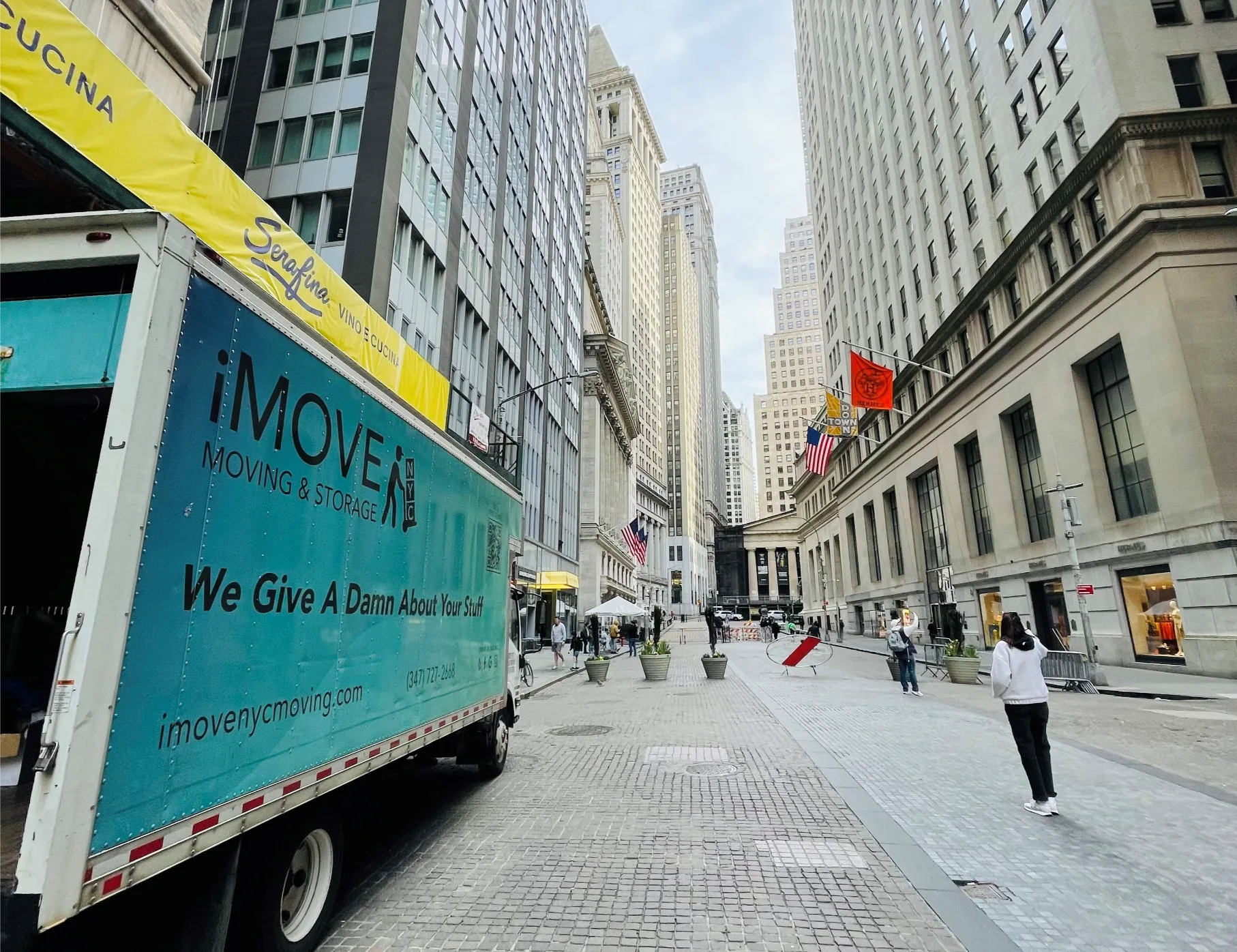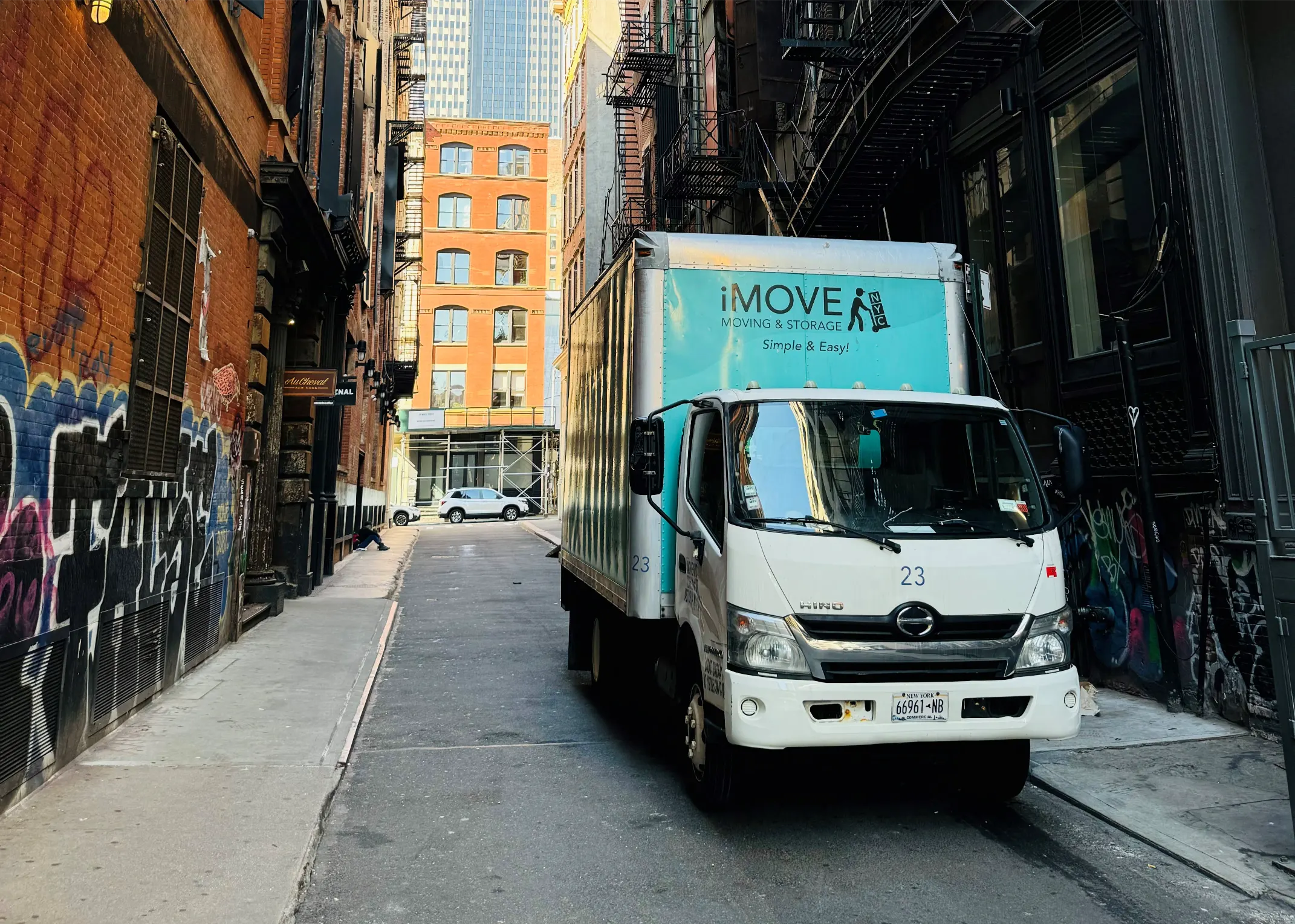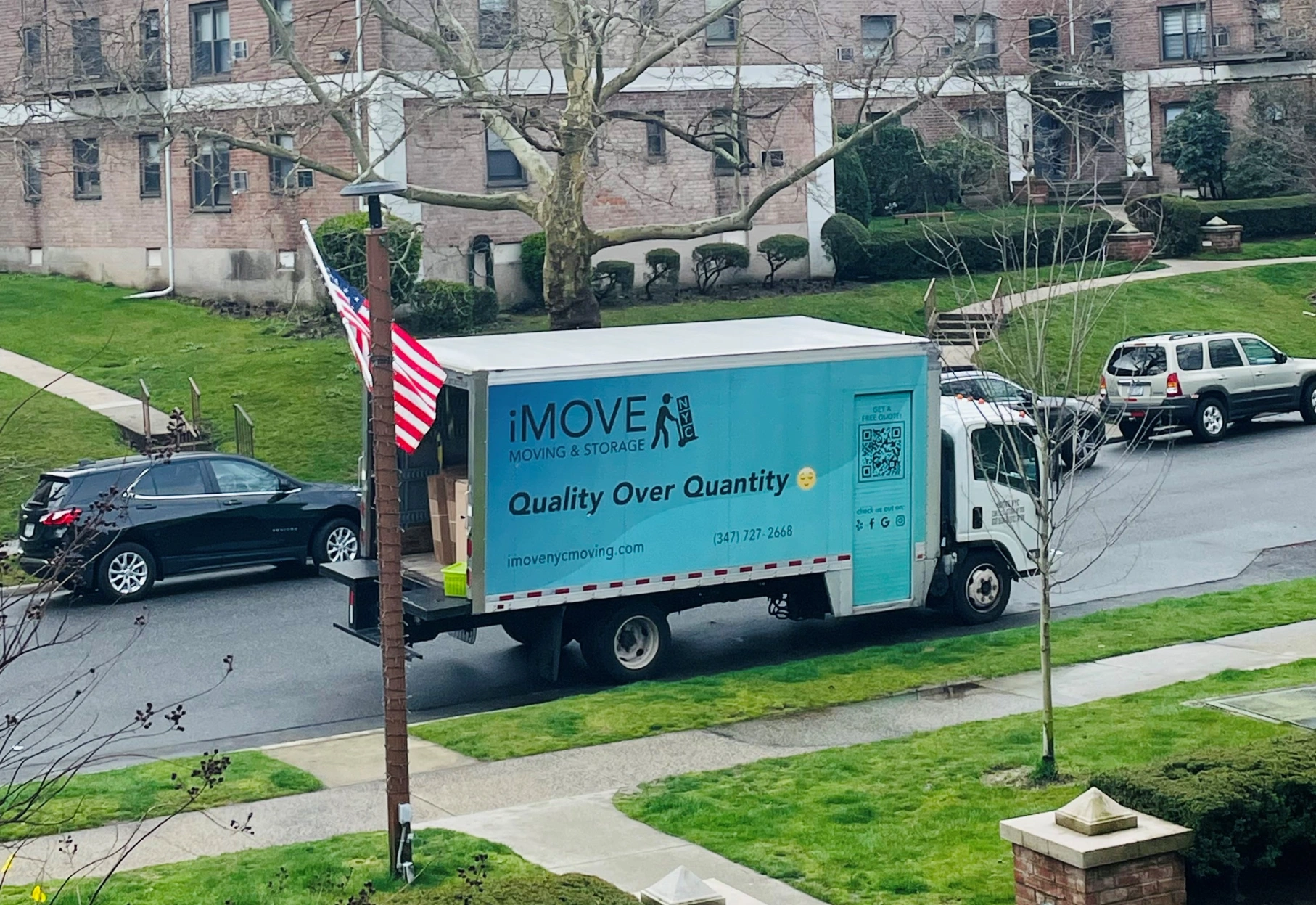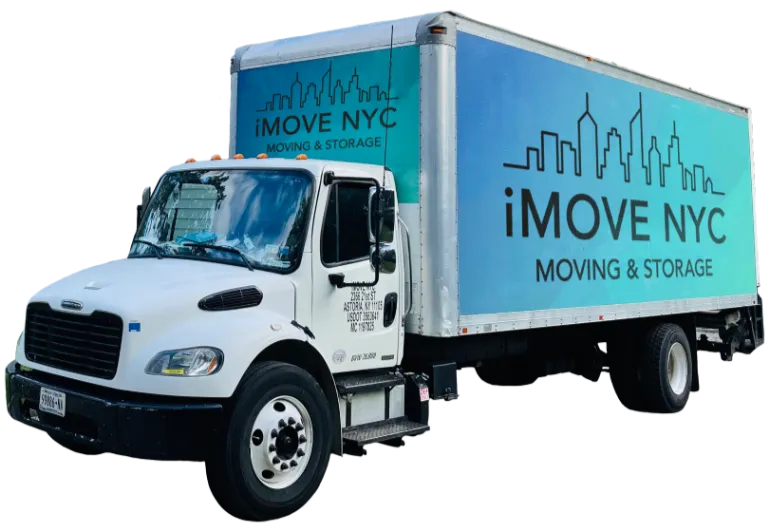
Moving to NYC as a Student in 2025: The Complete Parents’ Guide
New York City stands as one of the most exhilarating and enriching destinations for students – both from across the U.S. and around the globe.
Fill out the form below for a quick flat price quote
New York City is one of the most attractive places to live in the world, drawing people from all walks of life. With its booming job market, renowned educational institutions, vibrant cultural scene, and endless opportunities, NYC offers a lifestyle like no other. Whether you’re an aspiring actor looking to make it on Broadway, a finance professional drawn to Wall Street, or a student eager to study at a top university, the city has something for everyone. Its diversity, 24/7 energy, and iconic landmarks make it a dream destination for many.
However, living in NYC comes with a price – literally. Brooklyn and Manhattan are among the most expensive housing markets in the United States. For example, the average home price in Manhattan is upwards of $2,700,000, putting homeownership out of reach for many. As a result, approximately two-thirds of New Yorkers rent rather than own their homes. This high demand for rental properties makes finding an apartment both competitive and complex, especially for those unfamiliar with NYC’s unique rental market.
Renting in NYC is vastly different from renting in other cities across the U.S., with its own set of challenges, rules, and expectations. For foreigners relocating to NYC for work or studies, the process can feel especially daunting due to unfamiliar legal requirements and cultural norms. Understanding the NYC requirements to rent an apartment and how to navigate this dynamic market is crucial to securing the right apartment without unnecessary stress.
Finding your dream apartment in NYC involves more than just browsing listings — it requires strategy, preparation, and quick decision-making. In a city where the rental market is one of the most competitive in the country, a New York apartment application process often determines who lands the keys to that coveted space. Apartments that catch your eye are likely being pursued by multiple prospective tenants, which means timing is everything.
The first step to getting ahead in this competitive market is to prepare all necessary documentation before you even begin your search. Waiting until you find the right apartment to start gathering paperwork can cost you the opportunity, as someone else may submit their application first. Once your application is approved by the landlord, the process moves forward to executing a formal lease agreement. By being prepared with the required documents, you increase your chances of standing out as a reliable and organized tenant, making the application process smoother and faster.
When applying for an apartment in New York City, landlords prioritize one key concern: your ability to pay rent on time. As one of the most competitive rental markets in the U.S., NYC landlords and agencies scrutinize prospective tenants closely. Demonstrating financial stability through a comprehensive application is essential to meeting the strict NYC requirements to rent an apartment and stand out in a crowded market. Here’s a breakdown of the documents you need to rent an apartment in NYC:
The first step is to provide valid identification. This can be a driver’s license, passport, or government-issued ID. Identification verifies your identity and ensures the lease agreement is tied to a specific individual, providing landlords with confidence in your reliability.
Your income is the cornerstone of your application. To prove your ability to meet rent obligations, submit the following:
A letter from your employer is another critical piece of documentation. This letter should confirm your job title, salary, and the length of your employment. If you’re relocating for a new job, include the offer letter or a start-date confirmation. This reassures landlords of your future financial stability.
Landlords also value a strong rental history. Include documents like:
In the U.S., your credit score is an essential metric for landlords. A strong credit score shows you pay bills and loans on time, making you a lower-risk tenant. In upscale NYC neighborhoods, a high credit score can be the deciding factor in securing a lease.
While the above are commonly requested, some landlords or agencies may ask for additional items, such as:
When exploring the NYC requirements to rent an apartment, you’ll quickly realize that landlords have specific expectations that often go beyond the basic documentation. Understanding these additional requirements can save you time and help you better prepare to secure your dream apartment.
A unique aspect of renting in New York is the widely followed “40 times the rent” rule. Landlords typically prefer tenants whose annual income is at least 40 times the monthly rent. For example, if you’re eyeing an apartment with a $3,000 monthly rent, you’ll need to prove an annual income of $120,000 to meet this requirement.
If you don’t meet this income threshold, don’t worry — there are alternatives. One common solution is finding a guarantor, such as a family member or a close friend, who earns 80 to 100 times the monthly rent and agrees to co-sign the lease. However, guarantors need to be financially stable and willing to take on the legal responsibility of covering rent if you’re unable to pay.
Another popular option in NYC is finding a roommate. When renting with a roommate, both of your incomes are considered, making it easier to meet the income requirements collectively. This is especially helpful for individuals just starting out in their careers or earning below the landlord’s expectations. If you’re new to the job market, having a letter of employment and a guarantor will likely be necessary to reassure landlords of your financial reliability.
In addition to meeting income requirements, renters should budget for several upfront costs associated with securing an apartment in NYC.
We hope this guide helps you navigate the process and meet all the NYC requirements to rent an apartment. Securing the perfect place to call home in New York City is an exciting milestone, and once you’ve signed the lease, the next step is moving in smoothly and stress-free. That’s where iMOVE NYC comes in.
As a locally-based company, we bring unmatched expertise in NYC’s unique logistics, from navigating busy streets to understanding building restrictions. Our in-house trained team is equipped to handle everything from delicate furniture to sensitive equipment, ensuring your belongings arrive safely and efficiently. With top-of-the-line equipment and a long list of satisfied clients, we’ve built a reputation as one of the most trusted names in NYC moving services.
Don’t let the hassle of moving overshadow your excitement. Partner with iMOVE NYC and experience a seamless transition to your new home. Contact us today and let us help make your move as effortless as possible!

New York City stands as one of the most exhilarating and enriching destinations for students – both from across the U.S. and around the globe.

If you want to understand New York, don’t start with its skyline or even its neighborhoods. Start with its bridges.

One of the most important – and overlooked – questions on moving day isn’t just “where are you going?” but rather, “what are you bringing?”

Fill out the form below for a quick flat price quote
Fill out the form below for a quick flat price quote
Let’s make your move Simple & Easy!